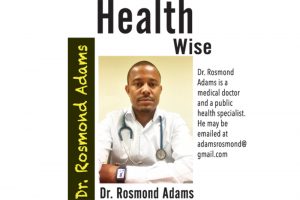Remember your Health this Christmas

The holiday season is upon us. It is important that we do not forget about our health. During the festive season people make exceptions, during the new year, they are faced with the health consequences. Be mindful of what you eat and drink, and remember to get moving also.
If your exercise routine feels labourious or tedious already, chances are you won’t get excited about doing it at this time of the year. Find new and exciting ways to move. Try a new workout class or online video. Exercise with friends or in a group, so that you can be motivated to continue.
Holiday party spreads may offer a plethora of dips, chips and vegetable or fruit platters, but one way to actually fill up and feel satisfied when faced with all those endless little bites is to make protein one of your plate’s primary features.
Higher-protein diets increase satiety (compared to lower-protein diets), meaning you’re more satisfied and less likely to over-eat. It can be tempting to eat less during the day when you know you have a big party at night, but basic healthy eating can come down to honouring your hunger. An intense hunger, as the result of skipping meals or snacks to “save calories” for later, may actually trigger over-eating later on.
Eat when hunger strikes, even if you’re going to a party later. Do not spend all day cooking and forgetting to eat, or eating too late. Diabetics, hypertensives and persons with other chronic illness should really take a close look at their diet.
Lots of alcohol are consumed during this time of the year. While the season comes with the tradition of drinking certain drinks, one must be mindful of the alcohol content and the sugar contents of these drinks.
Do not forget about your health this season. Find ways to have an enjoyable season and still exercise, eat and drink properly. Have a healthy Christmas!
Dr. Rosmond Adams, MD; MSc (Public Health); M.S (Bioethics) is a medical doctor and a public health specialist with training in bioethics and ethical issues in medicine, the life sciences and research. He is a lecturer of medical ethics and Research Methods.
He is the Head of Health Information, Communicable Disease and Emergency Response at the Caribbean Public Health Agency (CARPHA). He is also a member of the World Health Organization Global Coordination Mechanism on the Prevention and Control of NCDs.
(The views expressed here are that of the writer and not of any organizations). You may contact him at adamsrosmond@gmail.com










